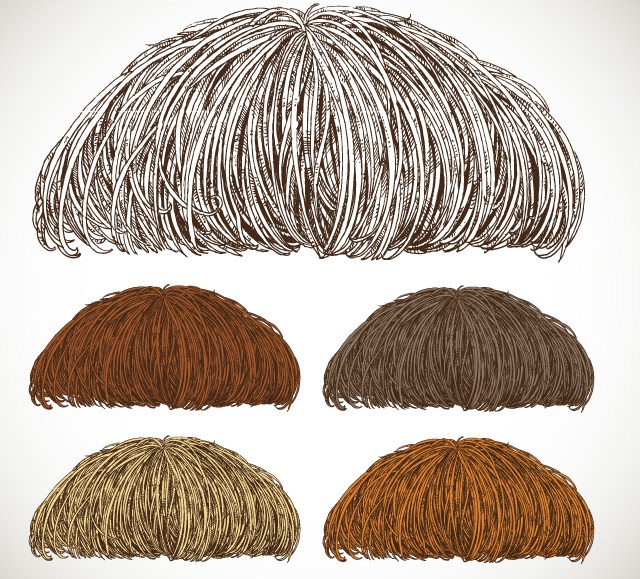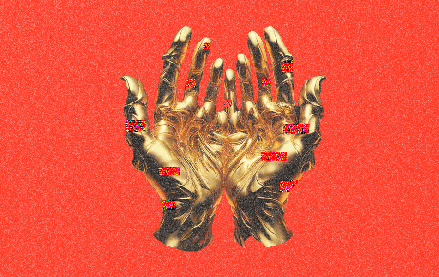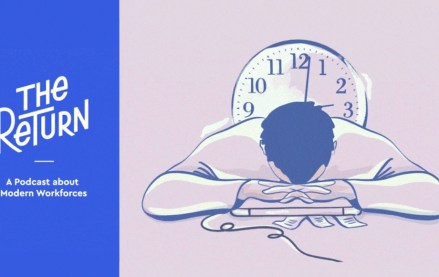
Facial hair has come back in a big way over the past few years. Mustaches aren’t necessarily for pedophiles or ’70s porn stars, and beards aren’t just for lumberjack types or fishermen, but sporting different facial hair styles definitely says something about you and your vibe.
Just as you might identify a dog breed by certain characteristics, facial hair can be used to identify certain characters in the agency world. Here is a general guide to facial hair and who in an agency you can expect to be sporting what kind.
The Ironic Mustache: Creative at a hot agency. This is a must-have to establish your credibility as a cultural savant, but also as kind of a douche.
The Non-Ironic Mustache: Direct marketing. It’s a no-nonsense statement that you’re about results. It screams CPA.
The Goatee: IT. You’re not shy about wearing your phone on your belt. Sure, it’s an early ’90s look, but at least you’re tucking your t-shirt into your jeans.
The Close-Trimmed Beard: Sales. You’re a put-together man. Everything is just so. ABC: Always be closing. This is a man who can kiss babies and pet dogs at the same time.
The Unkempt Beard: Digital creative. It’s a bit cliche, but it beats shaving every day.
Image via Shutterstock
More in Marketing

With the rise of the chief AI officer, it’s time to examine ‘czar’ culture
Even if it’s a familiar pattern — hot new thing, new C-Suite exec to tackle said thing, a few years go by and that C-Suite position no longer exists as everyone is now doing said thing (or it was a fad that has since faded away) — does it make sense for businesses to continue to appoint new czars with every new trend?

Why Cava’s bid for brand awareness means prioritizing streaming ads
Fast-casual restaurant chain Cava has been in growth mode over the past year and is leaning into streaming ads in an effort to boost brand awareness.

A history of middle manager stress: The Return podcast, season 3, episode 1
In episode one, McKinsey partner Emily Field tells us more about why middle management is critically important to the workforce.









